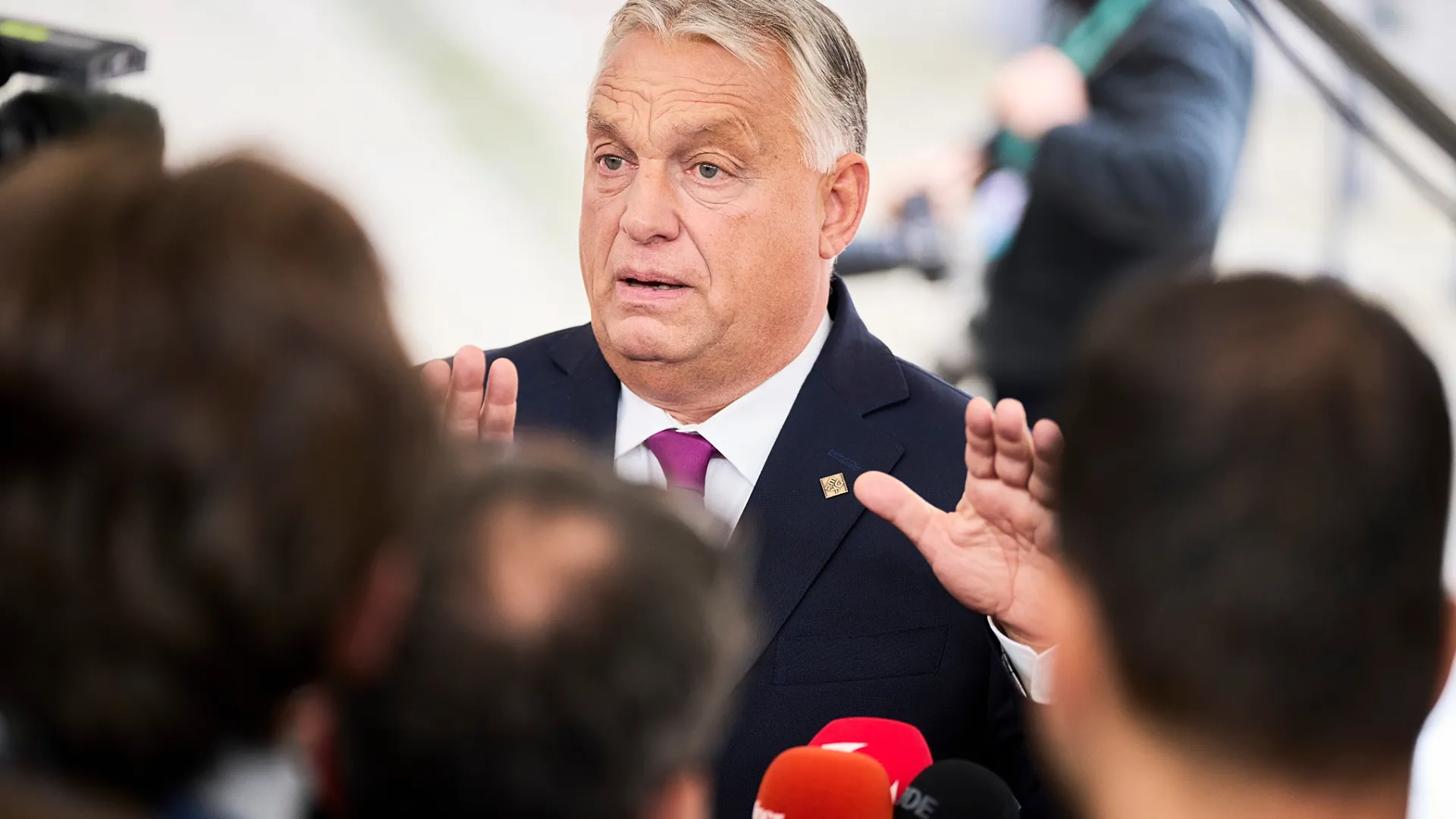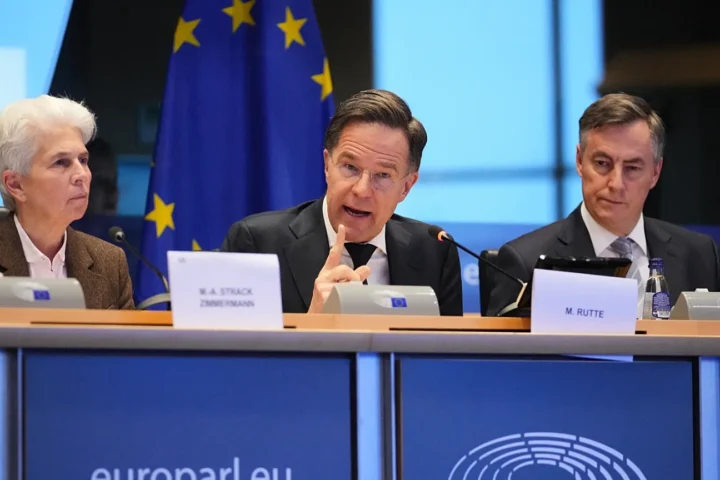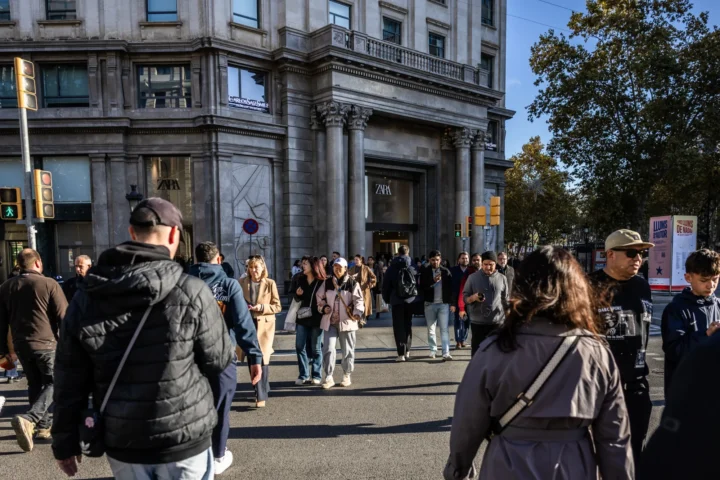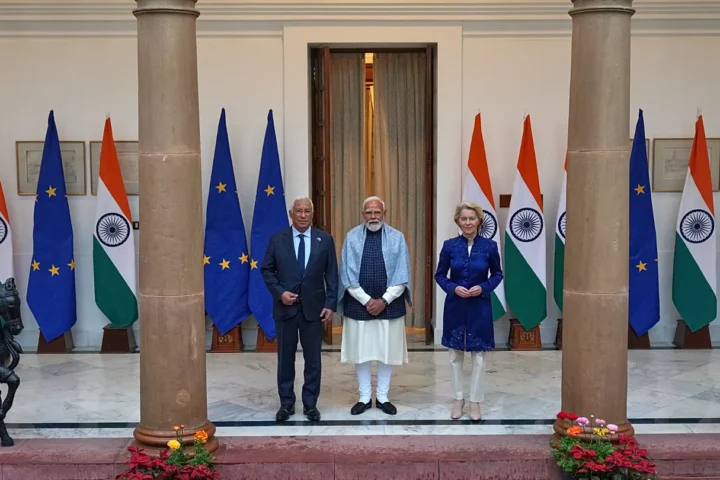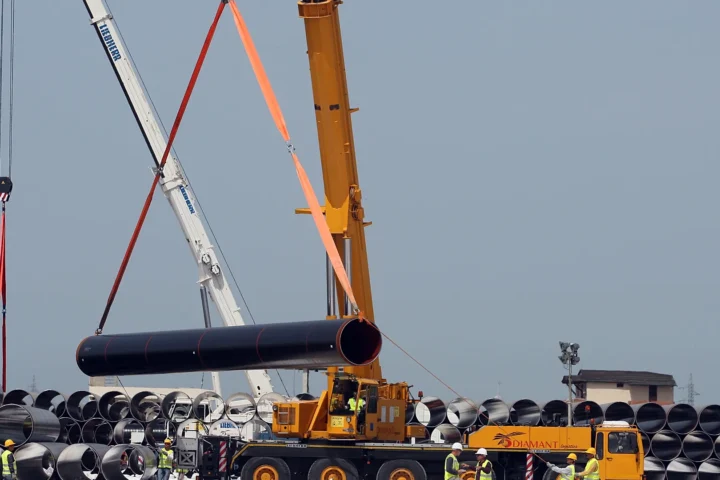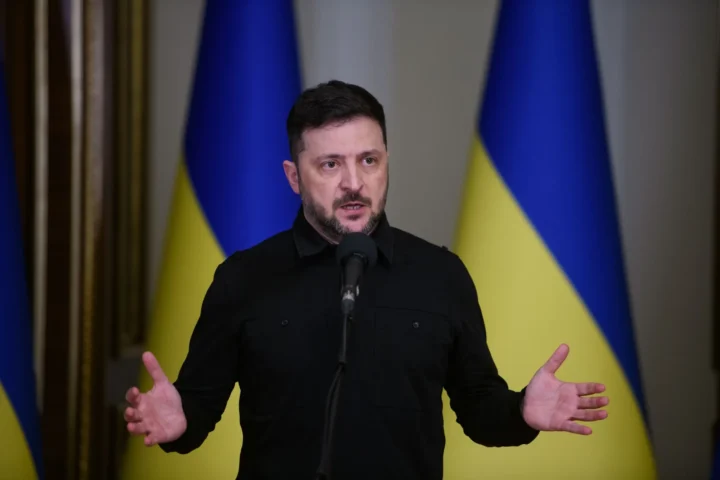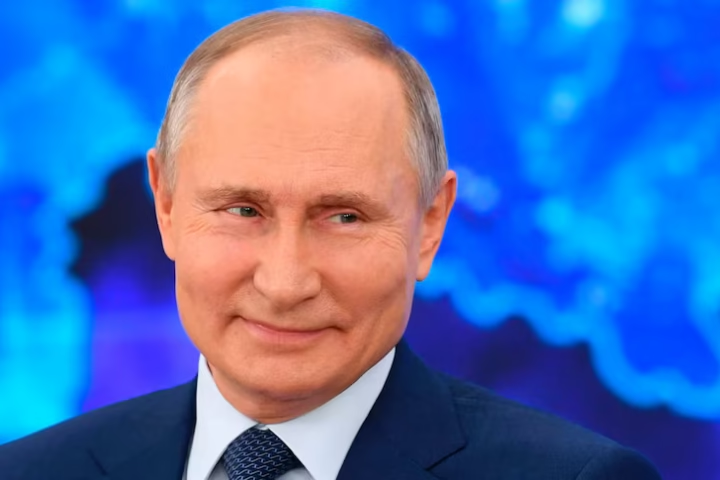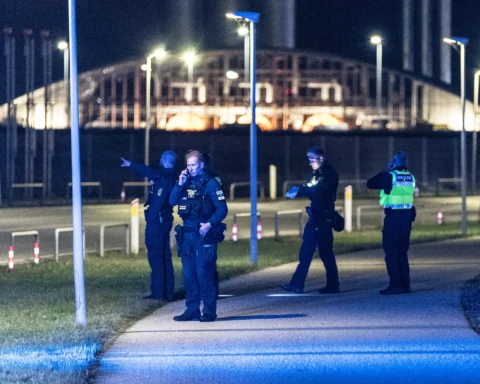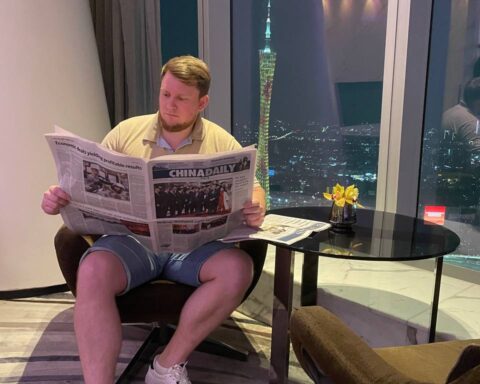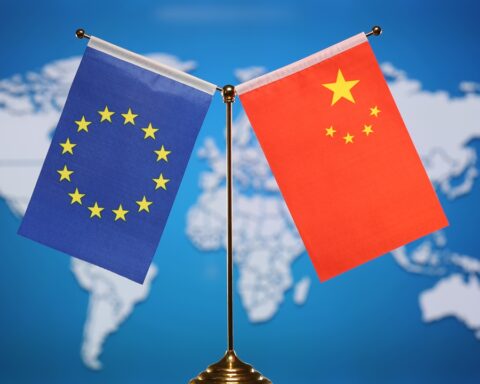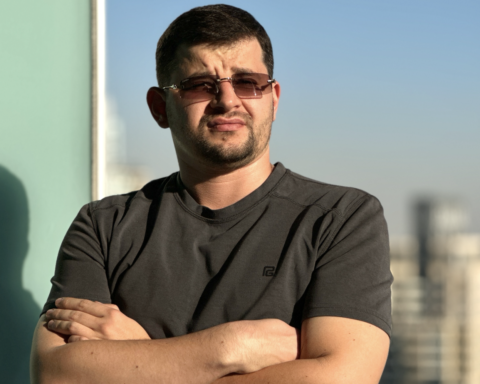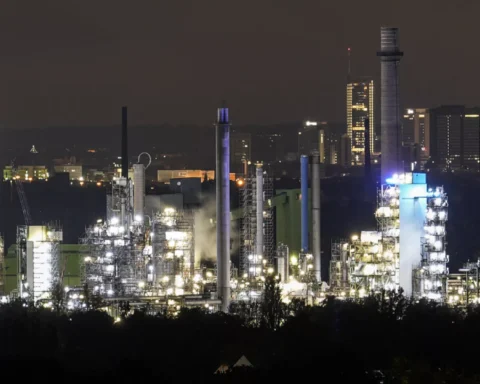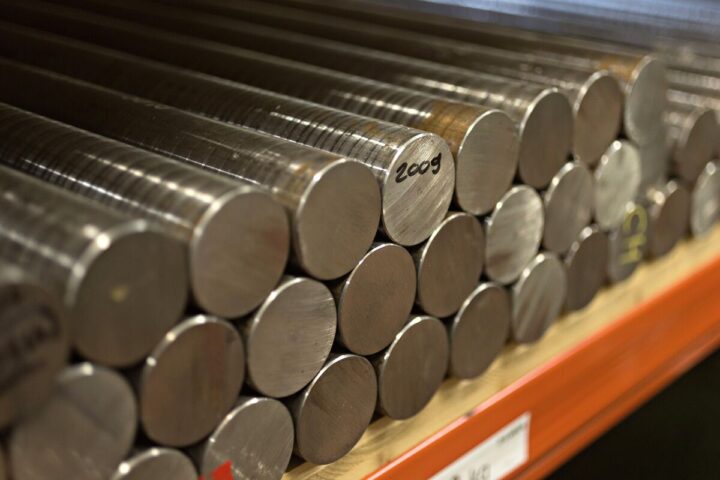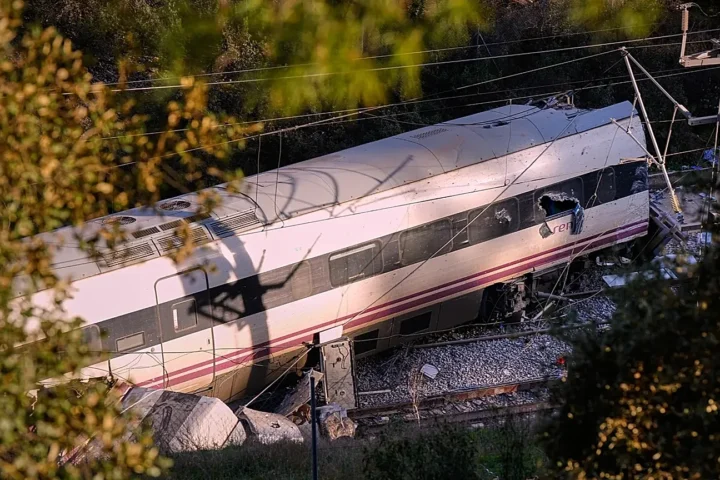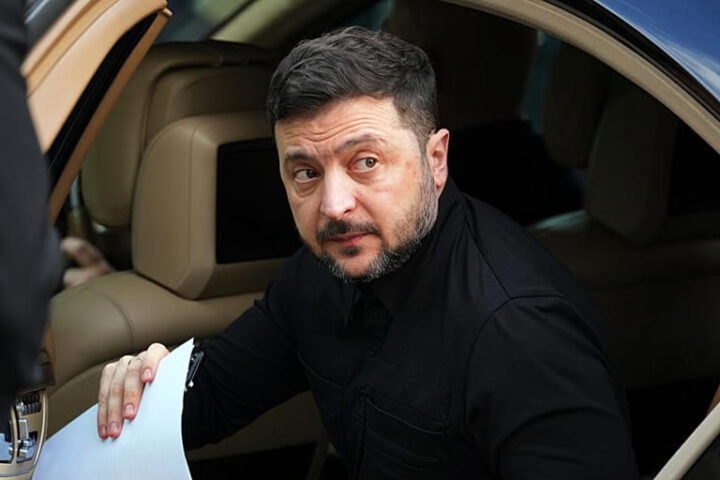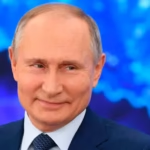The simmering tensions between Hungary and Ukraine have reignited after Hungarian Prime Minister Viktor Orbanpublicly rebuffed Ukrainian President Volodymyr Zelenskyy, declaring that “Ukraine does not defend Hungary” in a pointed response to recent remarks made by Zelenskyy during an interview on Euronews.
The war of words underscores the deep political and ideological divide between the two neighbors — one that has only grown since Russia’s invasion of Ukraine in 2022. While most European Union member states have rallied behind Kyiv with military and financial support, Budapest has charted its own course, often criticizing EU sanctions on Russia and maintaining close economic ties with Moscow.
Now, as the war in Ukraine grinds into its fourth year, Orban’s comments highlight not only Hungary’s isolation within the EU but also a widening rift over Europe’s collective security and moral responsibility in confronting Russia’s aggression.
Zelenskyy’s Remarks Spark Orban’s Retort
The renewed diplomatic spat began when President Zelenskyy, in an interview with Euronews, voiced frustration over Hungary’s stance toward the war and its repeated vetoes of EU assistance packages for Ukraine. Zelenskyy emphasized that “every European nation must decide whether it stands with peace or with aggression,” a statement widely interpreted as a challenge to Budapest’s ambivalent posture toward Moscow.
Orban swiftly responded in a televised address and follow-up remarks to the Hungarian press, asserting that Hungary owes no defense obligations to Ukraine, especially when Kyiv “has never defended Hungarian interests.”
“Ukraine does not defend Hungary. Why should we pretend that we are the ones responsible for their defense?” Orban said. “Our duty is to protect Hungarian citizens, not to fight other people’s wars.”
The Hungarian leader also accused Kyiv of failing to respect the rights of ethnic Hungarians living in western Ukraine’s Zakarpattia (Transcarpathia) region, an issue Budapest has long cited as a key point of contention.
A Relationship Defined by Distrust
Tensions between Hungary and Ukraine are not new. Relations have been strained since 2017, when Ukraine passed a language law requiring Ukrainian to be the primary language of instruction in schools, a move that affected the ethnic Hungarian minority in Transcarpathia.
Budapest responded by blocking Ukraine’s efforts to deepen its ties with NATO, arguing that Kyiv had violated minority rights guaranteed under international law.
Since the full-scale Russian invasion began, Orban’s government has maintained a delicate balancing act — officially condemning the war while simultaneously opposing sanctions against Russian energy imports and blocking several EU aid tranches to Kyiv.
Hungary continues to import Russian oil and gas under long-term contracts, and Orban has repeatedly called for an immediate ceasefire rather than continued military support for Ukraine.
Critics across Europe accuse Orban of undermining EU unity and giving political cover to Russian President Vladimir Putin. Orban, in turn, insists that his stance is driven by Hungary’s national interest and commitment to peace, not ideology.
Kyiv’s Patience Wears Thin
For Zelenskyy, Orban’s rhetoric is more than political theater — it represents a strategic challenge to Ukraine’s efforts to maintain solidarity within Europe.
Ukraine’s government has repeatedly urged Budapest to support EU defense measures, humanitarian aid, and sanctions that target Moscow’s war machinery.
In response to Orban’s latest comments, a Ukrainian Foreign Ministry spokesperson said:
“Ukraine has defended not only its sovereignty but also the security of Europe. Those who choose neutrality in the face of aggression are choosing to ignore the lessons of history.”
The spokesperson added that Hungary benefits from the collective stability and security framework that Ukraine’s resistance helps preserve, even if indirectly.
EU Frustration Grows Over Budapest’s Position
Within the European Union, Orban’s continued obstructionism on Ukraine-related policies has deepened frustration among member states.
Hungary has repeatedly delayed EU financial assistance to Kyiv, including a €50 billion support package earlier this year, demanding concessions from Brussels over frozen EU cohesion funds tied to concerns about rule of law violationsin Hungary.
Diplomats in Brussels describe Orban’s approach as “transactional,” often linking his cooperation on foreign policy matters to domestic budgetary negotiations.
European Commission officials privately acknowledge that Orban’s tactics have eroded trust between Hungary and its European partners, with some even calling for temporary suspension of Hungary’s voting rights under Article 7 of the EU Treaty — an extreme but legally possible measure.
The Broader Geopolitical Context
Orban’s statements also highlight the fragmentation within Europe’s response to Russia’s war, just as transatlantic unity faces new tests.
While countries like Poland, the Baltic states, and the Czech Republic have championed hardline support for Kyiv, others — particularly Hungary and Slovakia — have adopted a more cautious, sometimes skeptical tone toward prolonged military engagement.
Orban has framed his position as “realist” foreign policy, arguing that the war cannot be resolved militarily and that Europe must push for immediate negotiations with Moscow.
However, analysts warn that such rhetoric risks emboldening Russia and weakening Europe’s deterrence posture.
“By claiming neutrality, Hungary is effectively reinforcing Russian strategic interests,” said one EU defense analyst. “It allows Moscow to exploit divisions within Europe and question the unity of the Western alliance.”
The Ethnic Minority Question: A Persistent Tension
One of the most sensitive issues remains the treatment of the Hungarian minority in Ukraine, estimated at around 100,000 people. Orban’s government accuses Kyiv of marginalizing them through restrictive language and education policies.
Ukraine has countered that such claims are exaggerated and politically motivated, noting that minority protections have improved under recent legal reforms. Nevertheless, Budapest continues to use the issue as justification for blocking Ukraine’s accession talks with NATO and the EU.
“Until our communities in Transcarpathia receive guarantees of cultural and linguistic freedom, we will not support Kyiv’s membership in any Western alliance,” Orban reiterated this week.
A Growing Divide in Europe’s Political Landscape
Beyond bilateral tensions, the feud reflects a broader ideological divide between liberal democracies in Europe and nationalist-populist movements led by figures like Orban.
The Hungarian leader has long positioned himself as the “defender of traditional European values” against what he calls Western liberal overreach, frequently clashing with EU institutions on issues such as media freedom, migration, and judicial independence.
Now, his criticism of Ukraine — and, by extension, of Western intervention — has become part of his broader narrative that Hungary must chart its own path rather than follow Brussels’ or Washington’s lead.
Conclusion: A Rift That Shows No Signs of Healing
Orban’s declaration that “Ukraine does not defend Hungary” is not just a rhetorical jab; it encapsulates a fundamental policy rift that has defined Budapest’s position since the start of the war.
For Zelenskyy, Hungary’s resistance to unified European action represents a weak link in the EU’s defense of democratic values. For Orban, it’s a matter of national sovereignty and political independence.
As the war in Ukraine continues with no clear end in sight, the dispute between Budapest and Kyiv is likely to deepen — not only shaping bilateral relations but also influencing the future of Europe’s unity, energy policy, and collective security framework.
One thing is certain: in the shifting geopolitical landscape of 2025, the words exchanged between Zelenskyy and Orbancarry weight far beyond their borders — echoing through the halls of Brussels, Moscow, and Washington alike.
